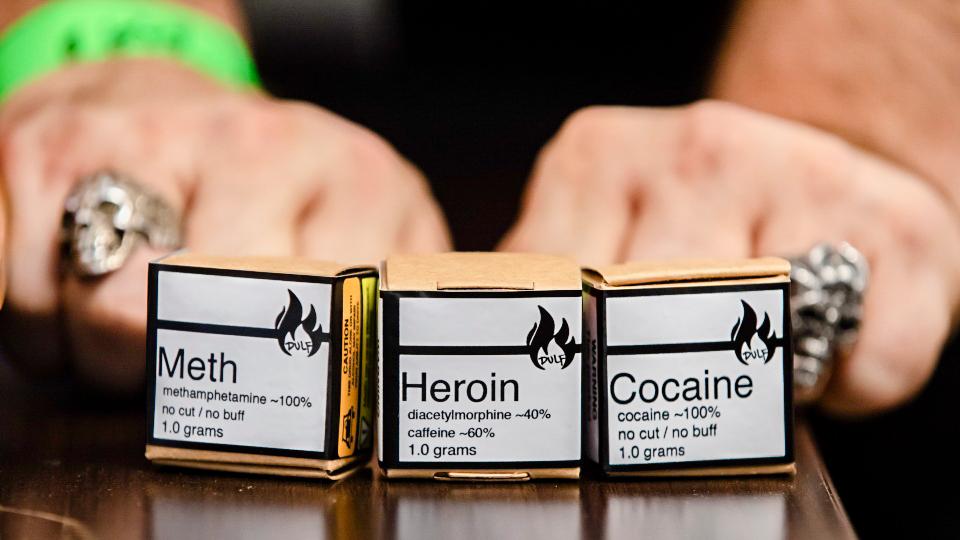New Brunswick Premier Blaine Higgs is proposing a provincial solution to Ottawa’s carbon tax: shipping liquid natural gas to Europe as a coal alternative.
The premier highlighted liquified natural gas (LNG) exports as an alternative to the carbon tax during his testimony before the Government Operations and Estimates committee March 28. He is the second of four provincial premiers to testify before the parliamentary committee this week about the impact the April 1 federal carbon tax hike will have on their provinces.New Brunswick could foreseeably export LNG to other parts of the world to reduce the rates of reliance on coal power plants in places like Europe and China, Mr. Higgs said, adding that it would not only help the Canadian economy but positively impact global emissions.





